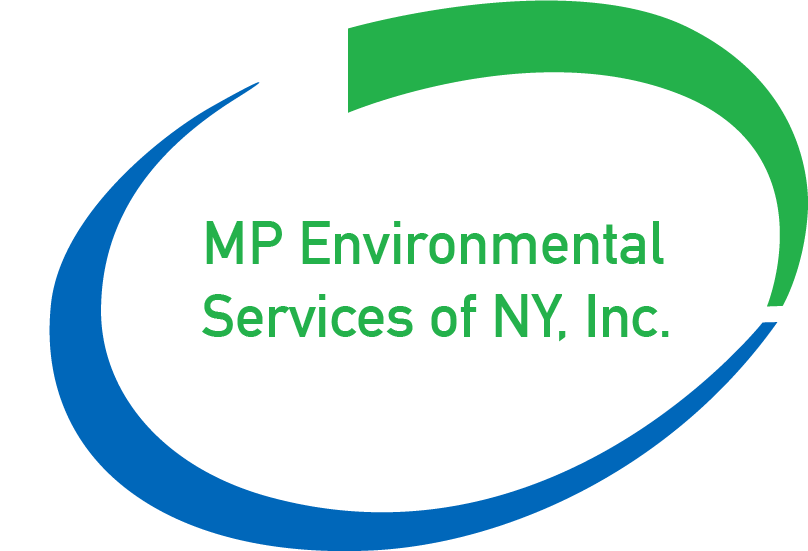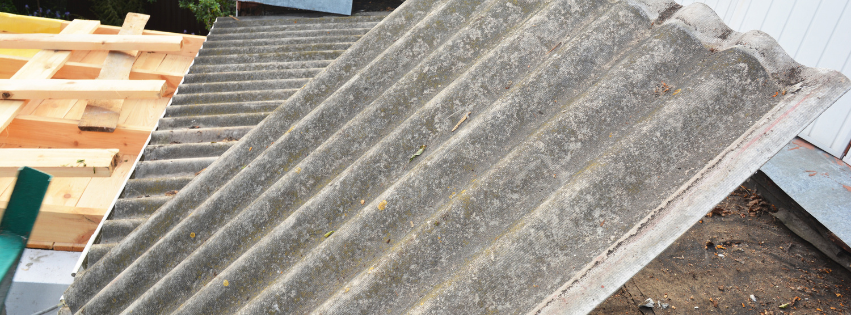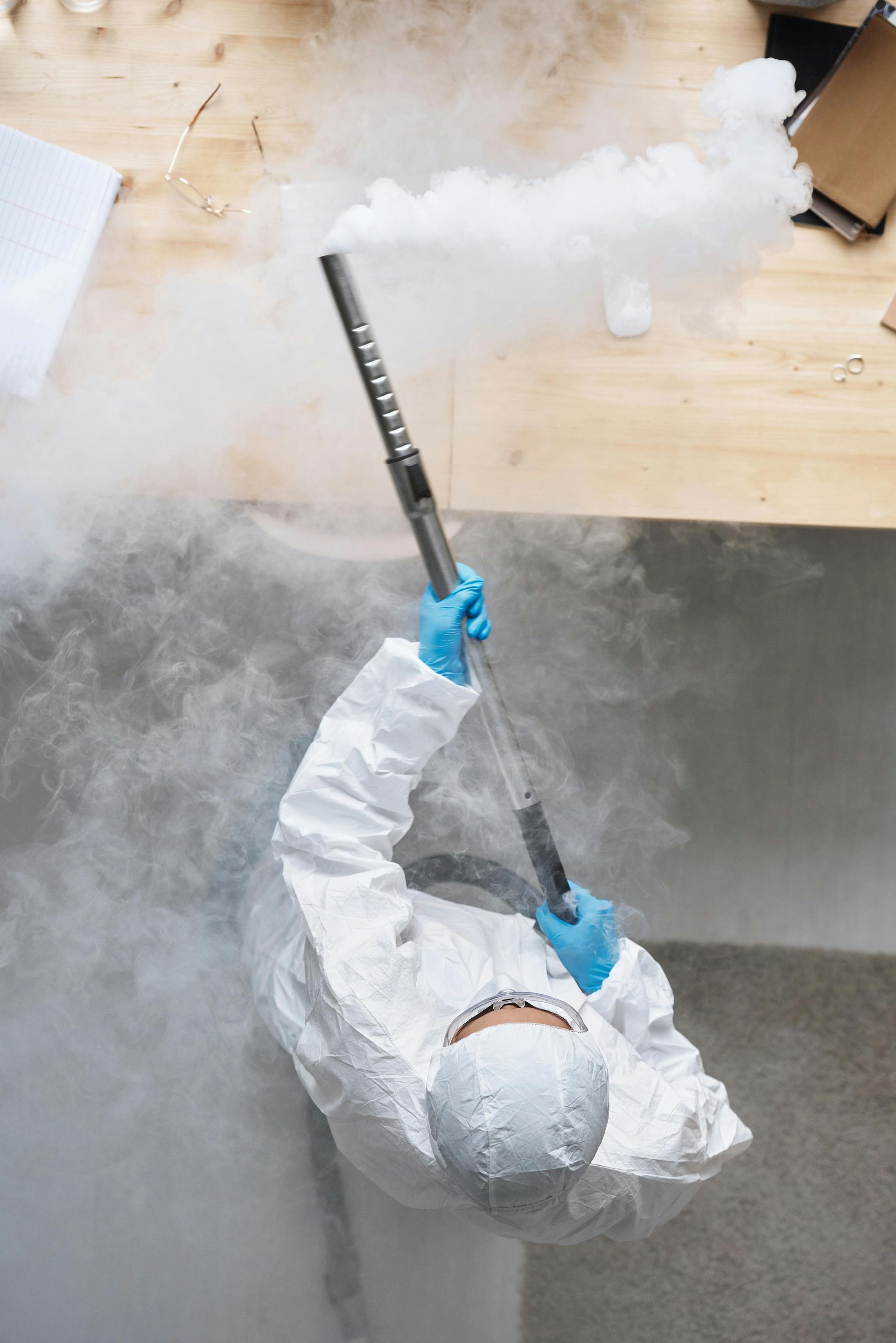The Benefits of Investing in Proactive Asbestos Testing and Abatement
Protecting Health and Property:
Why Proactive Asbestos Testing and Abatement Are Worth the Investment
Investing in proactive asbestos testing and abatement offers numerous benefits including: safeguarding health, preventing legal liabilities, and preserving property value. Despite being banned in many countries, asbestos still lingers in numerous older buildings, posing significant health risks. Proactive measures can mitigate these risks and ensure a safer environment.
Health Protection
The primary benefit of proactive asbestos testing and abatement is the protection of health. Asbestos fibers, when inhaled, can lead to severe respiratory diseases, including asbestosis, lung cancer, and mesothelioma, a rare cancer affecting the lining of the lungs and other organs. These diseases often manifest decades after exposure, making it crucial to address asbestos hazards before they can cause harm. By investing in regular asbestos testing, property owners can detect and remove asbestos-containing materials (ACMs) before they deteriorate and release dangerous fibers into the air, thereby protecting the health of occupants and workers.
Legal and Financial Safeguards
Proactive asbestos testing and abatement also provide legal and financial safeguards. Property owners are legally responsible for maintaining a safe environment, and failure to manage asbestos risks can lead to significant legal liabilities, including fines and lawsuits. Conducting asbestos testing and abatement ensures compliance with local, state, and federal regulations, reducing the risk of legal repercussions. Additionally, addressing asbestos issues early can prevent costly emergency abatement measures, which are often more expensive than planned, proactive actions.
Property Value Preservation
Investing in proactive asbestos testing and abatement helps preserve and even enhance property value. Properties with known or suspected asbestos issues can suffer from decreased marketability and value. Prospective buyers and tenants are often deterred by the presence of asbestos, fearing health risks and future abatement costs. By conducting asbestos testing and addressing any identified hazards, property owners can assure buyers and tenants of a safe environment, maintaining or increasing the property's value and appeal.
Improved Air Quality and Safety
Proactive asbestos abatement improves indoor air quality and overall safety. Asbestos fibers can linger in the air and settle on surfaces, posing a continuous risk of exposure. Removing ACMs from buildings eliminates this threat, resulting in cleaner air and safer living and working conditions. Improved air quality is especially important in settings such as schools, hospitals, and residential buildings, where vulnerable populations, including children and the elderly, may be present.
Peace of Mind
Finally, investing in proactive asbestos testing and abatement provides peace of mind. Property owners, managers, and occupants can feel confident knowing that their environment is free from harmful asbestos hazards. This assurance fosters a sense of safety and well-being, allowing individuals to focus on their daily activities without the worry of potential asbestos exposure.
Proactive asbestos testing and abatement offer significant benefits, including health protection, legal and financial safeguards, property value preservation, improved air quality, and peace of mind. By taking these proactive steps, property owners can ensure a safer and healthier environment for all occupants and reduce the risks associated with asbestos exposure.






